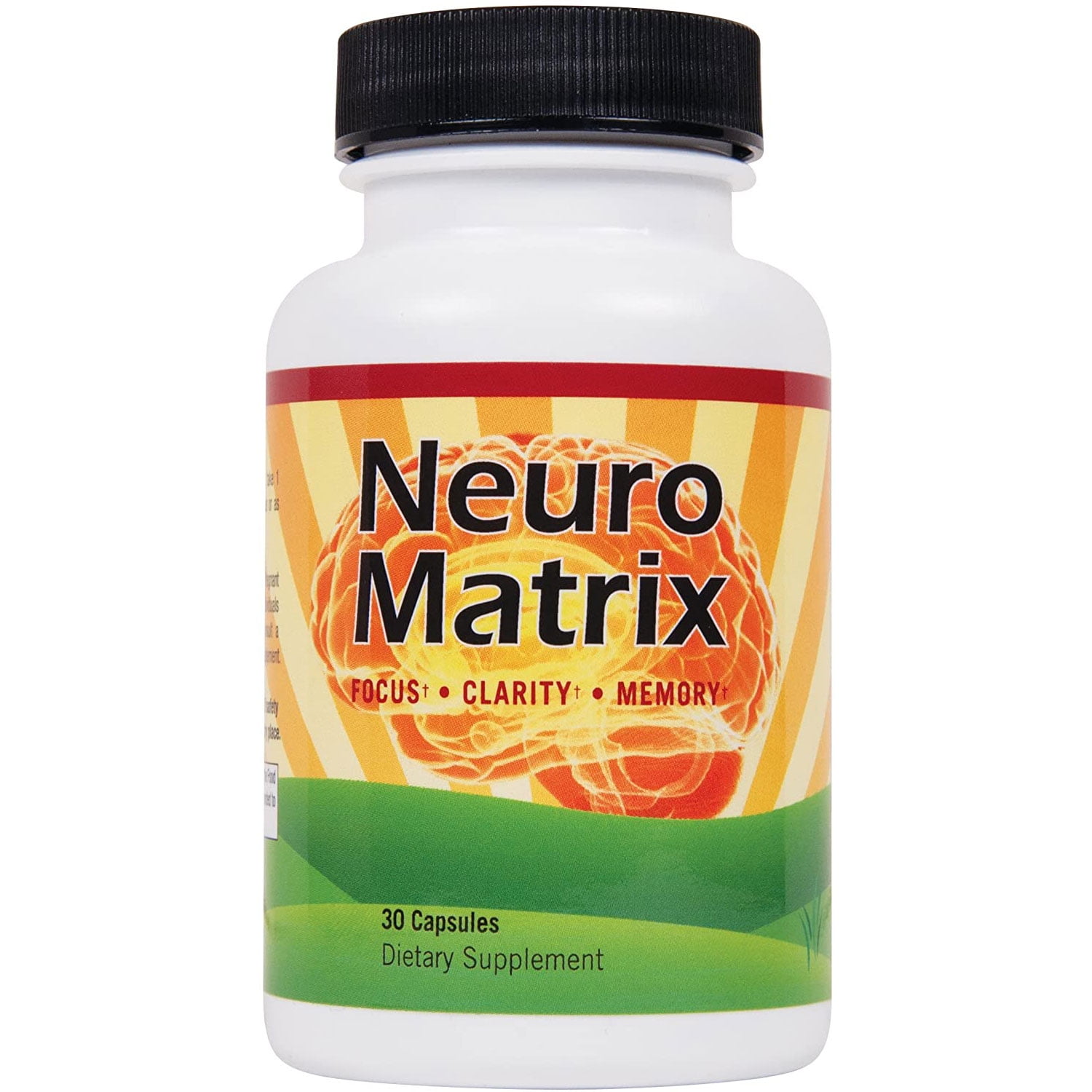
It's also important to make sure that you get the recommended daily allowance of B-6, which is 1.7 mg. If they're low, talk to your doctor about temporarily taking a 100- to 500-mcg daily supplement of B-12, along with possibly 400 mcg of folic acid. If you're over 50, it's a good idea to get your B-12 levels tested, advises Cooperman. As a result, they're more likely to be deficient. Yet “about thirty percent of people over the age of 50 don't absorb B-12 properly from food,” notes Cooperman.

These vitamins, especially B-12, are important for brain health because they help insulate and build up brain neurons, says Fotuhi. One two-year study of people age 70 or over who had mild cognitive impairment, for example, found that those who took a combination of B vitamins (800 mcg of folic acid, 500 mcg of vitamin B-12 and 20 milligrams (mg) of vitamin B-6) had slower cognitive decline than those who took a placebo. B vitaminsĬertain B vitamins may help slow memory decline when they're taken for at least 18 months, says Tod Cooperman, M.D., president of, one of the country's leading independent evaluators of dietary supplements. “They are not only a waste of money, but some can also be harmful.Here's a look at three supplements you might want to consider specifically for brain health - and another, fish oil, that comes with some caveats. Lipman, M.D., CR’s chief medical adviser. “Don’t be misled by hype,” says Marvin M.

Many interact ( sometimes dangerously) with medications-ginkgo biloba, for example, should never be paired with blood thinners, blood pressure meds, or SSRI antidepressants. Supplements are also loosely regulated, and some may even contain undisclosed ingredients or prescription drugs. Dietary supplements cannot cure, mitigate, treat, or prevent Alzheimer’s, dementia, or any disease,” said a statement from the Council on Responsible Nutrition, an industry group, responding to the GAO report.) Our experts also recommend avoiding branded “memory boosting” blends.Ī 2017 Government Accountability Office (GAO) report analyzed hundreds of ads promoting memory-enhancing supplements online and identified 27 making what seemed to be illegal claims about treating or preventing diseases such as dementia.īut even legal claims that suggest supplements will improve, boost, or enhance your memory “ don’t have to have any data to justify them,” says Lon Schneider, M.D., a professor of psychiatry and the behavioral sciences at the Keck School of Medicine at the University of Southern California. A 2015 review of studies found that supplementation with B6, B12, and/or folic acid failed to slow or reduce the risk of cognitive decline in healthy older adults and did not improve brain function in those with cognitive decline or dementia. But similar benefits are not linked to supplements: A 2012 review of data on thousands of older adults found that those who took omega-3 fatty acid supplements had no fewer dementia diagnoses or better scores on tests of short-term memory than those who took a placebo.ī vitamins have not fared any better.

One study published in The Lancet Neurology in 2012, for example, found that among 2,854 older adults with memory complaints, those who took ginkgo biloba extract twice a day for five years had no fewer cases of Alzheimer’s than those who took a placebo.Īs for fish oil, some studies have found that people with diets high in omega-3s-which are found in fatty fish such as salmon-may have a lower risk of dementia. But decades of research have yet to demonstrate their benefits.

Some of the more popular supplements marketed for memory enhancement are fish oils (omega-3 fatty acids) B vitamins such as folate, B6, and B12 and ginkgo biloba extract, made from the dried leaves of a ginkgo tree.


 0 kommentar(er)
0 kommentar(er)
